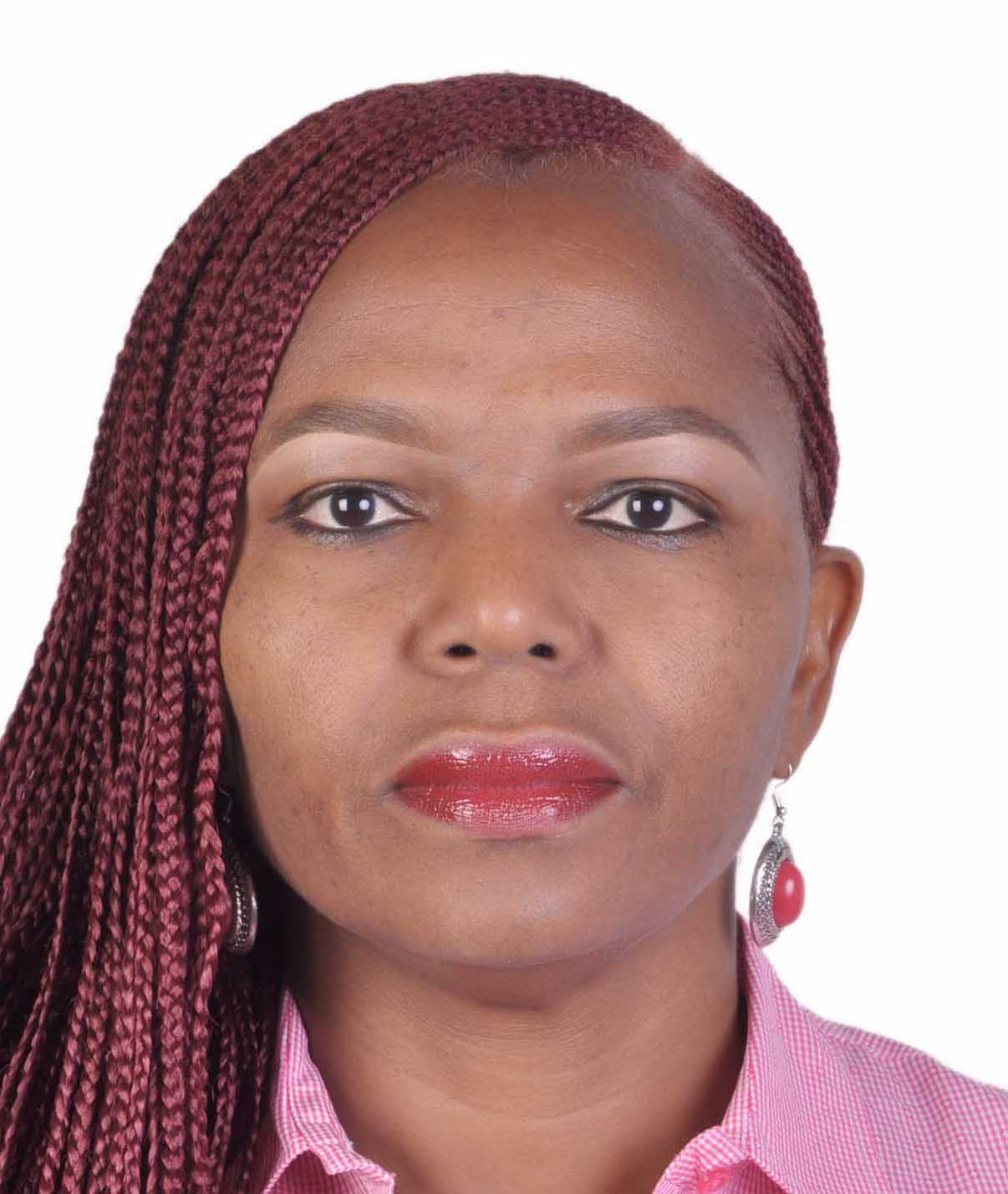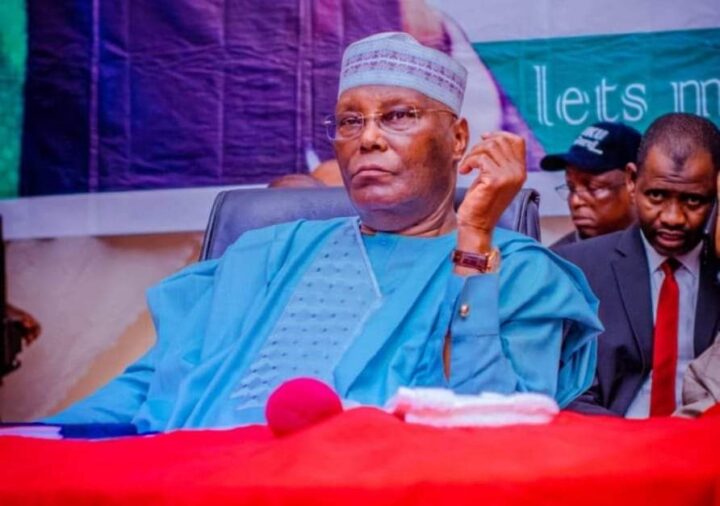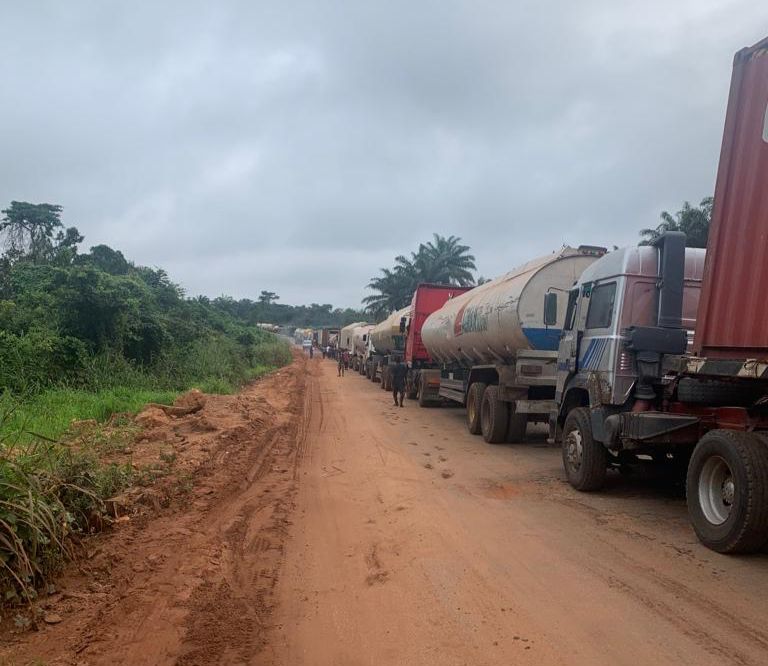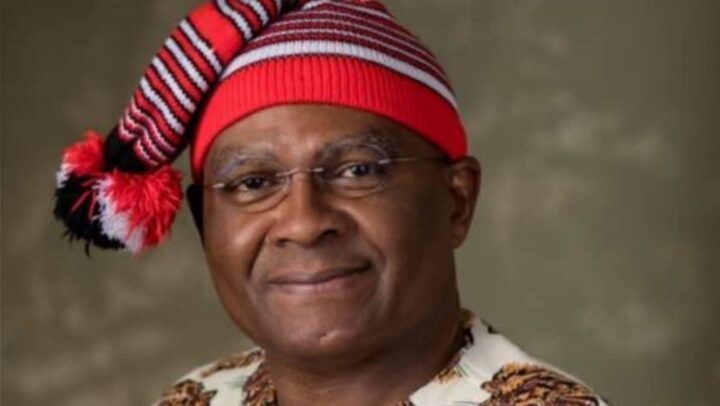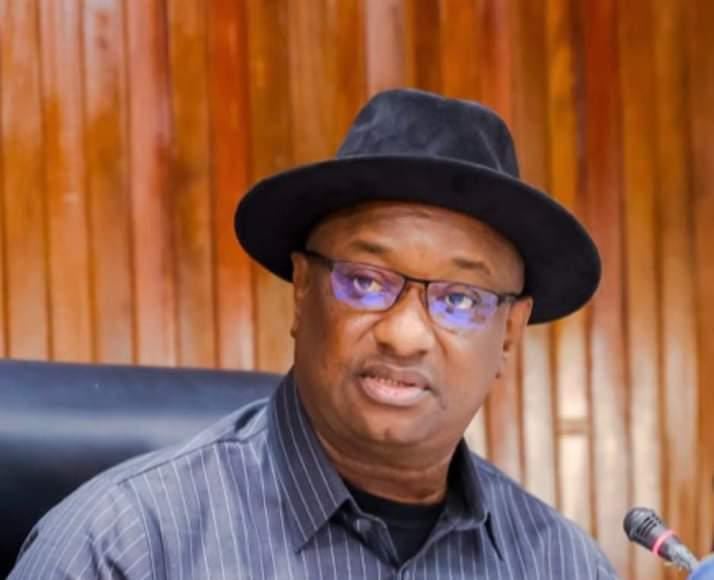Nollywood in this case represents Nigeria and Nigerian films. This clarification is necessary for those who may take offence to the name Nollywood or those who choose when and where to accept and identify as Nollywood. There used to be a time, and this isn’t ancient history when it was politically correct to not identify as Nollywood for all kinds of different wonderful reasons. Different though the reasons may have been, they all bordered on a feeling of superiority. What’s in a name anyway, you may ask. After all, there are hardly any of our names that are acceptable to everyone, from Nigeria to Naija. But I digress.
The focus of today’s piece is on how Nigeria fared at the 47th Toronto International Film Festival, TIFF which ended on Sunday, September 18, 2022. In the past when I attended film festivals, I usually wrote first about the films I have watched because that’s my priority. The next step after that would be to show what Nigeria was up to at the particular festival. This is what I’m trying to do for TIFF which I attended its first weekend, Thursday, September 8 to Sunday, September 11, 2022. At that time, I didn’t see too much activity from Team Nigeria. This could be because of the whole festival’s laidback vibe with this being the first in-person TIFF since 2019. Be that as it may, Nigeria represented by the National Film and Video Censors’ Board, NFVCB, had a stand along with countries like India and New Zealand in the Hyatt Regent Hotel on King Street West, Toronto.
There was no one at the stand when I arrived on Thursday, September 8, Day One of TIFF. I met Alhaji Adedayo Thomas, the Censors’ Board director-general (DG) at Nigeria’s stand the next day Friday, September 9, 2022. It was our first time meeting but both of us must have been happy to see one other Nigerian face. At the time, what was in the works was the upcoming private screening of Kunle Afolayan’s film Anikulapo which will be released on Netflix on September 30, 2022. Unfortunately, the screening hadn’t panned out by the time I left Toronto on Sunday. On Saturday, September 10, 2022, I ran into Dr. Chidia Maduekwe, managing director of the Nigerian Film Commission, NFC, outside the TIFF Bell Lightbox. I believe he and some others, who looked to be part of Nigeria’s delegation, were on their way to the public screening of The King’s Horseman (directed by Biyi Bandele). It was good to see fellow Nigerians glamorously dressed for the screening.
As to what Nigeria was up to at TIFF 2022, I didn’t really pry. In the past, I’d look at every angle of Nigeria’s attendance at film festivals, especially the Cannes Film Festival pre-2015. So much so that I began to sound like a broken record saying the same thing: Nigeria didn’t make the best use of its festival attendance. For instance, at this year’s TIFF, Spain was pulling out the stops: advertising itself, film locations, and the Spanish films showing at the festival. India was advertising a 30% incentive for international productions and official co-productions. And so on and so forth. I’m sure you get my drift. However, I’d decided that I wasn’t going to be looking too deep at Nigeria’s plans at TIFF. Nigeria didn’t exactly do much in 2017, the last time I was at TIFF, so in 2022 with COVID and all, I wasn’t expecting much. Nigeria, to the best of my knowledge, hasn’t had a strong presence at film festivals since the advent of the Buhari government. I’m reserving my expectations until there’s a new government. Now, let’s talk about Nigerian films at TIFF.
Advertisement
Just a reminder: On Tuesday, September 20, 2022, I wrote the first part of my TIFF report with a promise to continue with the review of the films I was able to watch. However, I’m pivoting off non-Nigerian films today to focus on Nigeria and Nigerian films I was able to see. The King’s Horseman, as far as I could tell was the only Nigerian film on the official programming schedule. I saw The King’s Horseman which featured under the Special Presentations category in the press and industry screening on Saturday, September 10, 2022.
· The King’s Horseman
Director: Biyi Bandele
Advertisement
Starring: Odunlade Adekola, Shaffy Bello, Deyemi Okanlawon, Omowunmi Dada, Jide Kosoko, Mark Elderkin, Jenny Stead, Olawale ‘Brymo’ Ọlọfọrọ, Jide Kosoko, Kevin Ushi, Langley Kirkwood, Fares ‘Oyibo Rebel’ Boulous
Elesin Oba-The King’s Horseman, directed by Biyi Bandele, is adapted from the play Death and the King’s Horseman by Wole Soyinka (the play was first performed in 1975). The play, set in colonial times during the second world war, is based on real-life events. The film, Elesin Oba- The King’s Horseman, as the play deals with the events that occur when the white colonisers in Nigeria attempt to stop one of the traditional rites that happen after the death of a king in Yoruba land. When the king dies and is about to be buried, his horseman (Elesin) is supposed to commit suicide so he can escort and keep the king company to the afterlife.
All the events in The King’s Horseman take place on the day the king who has been dead for about 30 days is to be buried. Elesin (Odunlade Adekola) knows he has to die, and commit suicide as it’s the custom. But abiding by tradition is proving more difficult for the king’s horseman. Somehow, he’s reluctant to let go and has some ideas of wanting to go empty. Taken literally, the Elesin wants to empty himself by implanting his seed in a young maiden (Omowunmi Dada) who’s already betrothed to another man, the Iyaloja’s (Shaffy Bello) son. As he can’t be refused on what’s supposed to be his last day on earth (much like the death row prisoner who’s fed fat on their last day), the king’s horseman decides he wants to marry the young maiden. And even though the Iyaloja has her reservations, she acquiesces to Elesin’s desire, and the marriage is carried out.
While all this is ongoing, Sgt. Amusa (Jide Kosoko), who’s part of the colonial security is frantic. He unsuccessfully tries to stop Elesin’s suicide and must now get his boss Mr. Pilkings (Mark Elderkin) and the other top brass involved. Of course, the white coloniser boss thinks linking suicide with culture is barbaric. He has no choice but to arrest Elesin, who’s dithering anyway because of his last-minute nuptials, and put him in a cell. The community is thrown into double mourning: How will the king be able to proceed on his journey to join his ancestors? Enter Olunde (Deyemi Okanlawon), Elesin’s son who was actually taken from his father and sent abroad to study medicine because of his intelligence according to Pilkings.
Advertisement
Olunde, well aware of what tradition demands have returned home to bury his father much to the incomprehension of the colonisers. After his four years of experience living abroad and observing how the colonisers behave, Olunde accuses the Pilkings’ of denigrating what they don’t understand. For most of the film, we see Mr. and Mrs. Pilkings (Jenny Stead) in traditional masquerade clothes. Watching them dressed as masquerades, especially the wife, was extremely uncomfortable for me even though I know it was not real. Back in the film, now Elesin is incapacitated and cannot do the needful. The villagers especially the Iyaloja cannot hide their contempt for him. His son, Olunde is even more ashamed of the humiliation his father’s actions (his refusal or hesitation to kill himself) has brought on their family. What gives?
Incidentally, The King’s Horseman premiered at TIFF at a time Queen Elizabeth II’s death was generating debate among Africans, especially Nigerians. Some recalled the inhumane slave trade and looting of resources from Africa and rightly held the monarch under whose authority this was done responsibly. Then there were those who either don’t know enough history (or had some form of self-hatred) who countered with the fact that there was a slave trade in Africa before the advent of the British. That may be true but their coming increased the scale of the trade. Let’s not forget that some of our precious artworks/artifacts are still being held in British museums. So, if the events in The King’s Horseman are seen against the foregoing backdrop, a clearer picture will emerge as to how the African culture and growth got stifled, and the attendant unpleasant fallouts. An elesin oba killing himself may sound barbaric and unwholesome to the Christian faith (I cannot imagine it) but suicide in cultures like the Japanese isn’t looked at the same way.
I’ll refrain from giving too many spoilers. You should plan to watch The King’s Horseman for yourself. However, I must comment on some performances: My start of the film is Shaffy Bello. Her interpretation of Iyaloja is very nuanced but surefooted: Knowing when to be flexible and when to speak truth to power. Odunlade as Elesin Oba is regal and commands screen presence. I was also impressed with Brymo’s performance. I’m a fan of Omowunmi Dada’s work and she doesn’t disappoint although there are times, she’s almost invisible as most of the focus is on the Elesin. I must not forget to give props to the music and sound design. The film is also visually pleasing. It’s such a sad thing that Biyi Bandele, the director The King’s Horseman died before his film premiered at TIFF.
My main grouse is with the translation/subtitling of The King’s Horseman. Considering the intricacies of the Yoruba language that need to be balanced, the translation doesn’t always match what’s being said. One specific instance is when Elesin asks his new wife (Omowunmi Dada) to stand by him until the final hour. What he says in Yoruba (duro timi…) when translated in that context should’ve been ‘Stand by me…’ or something like that. Instead, what was translated were words to the effect ‘wait for me.’ This is a man facing a life and death ordeal and asking for support and maybe love before he kills himself. How can that be interpreted to ‘wait for me’? Is he travelling to a neighbouring town? I watched The King’s Horseman with a Cherryl, a Jamaican Canadian so that had the added pressure of attempting to watch it through her eyes. But then again, I can only imagine how happy a Yoruba person will be watching the celebration of a rich culture.
Advertisement
*TIFF dedicated the special presentation of The King’s Horseman to the memory of Biyi Bandele who died in August 2022 aged 54.
§ Gangs of Lagos
Advertisement
Gangs of Lagos which is directed by Jade Osiberu was privately screened at the TIFF Bell Lightbox on Saturday, September 10, 2022. The film which is part of a 3-film deal with Prime Video and Amazon Studios, as its title suggests deals with gangs in Lagos, In attendance at this private screening, were its director, Jade Osiberu, Adesua Etomi Wellington who features in the film and top executives Amazon Prime Video: Wangi Mba-Uzoukwu (head of Nigerian Local Originals, Amazon Prime Video), Kemi Lala Akindoju (Senior Movies Creative Executive, Amazon Studios Local Originals, Nigeria) among others.
Gangs of Lagos is slated to be released on (Amazon) Prime Video at a yet-to-be-disclosed date and I’m going to review it at that time. Suffice it to say that it’s action-packed but doesn’t lose the plot to be thought-provoking.
Advertisement
